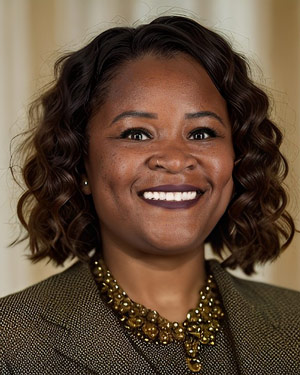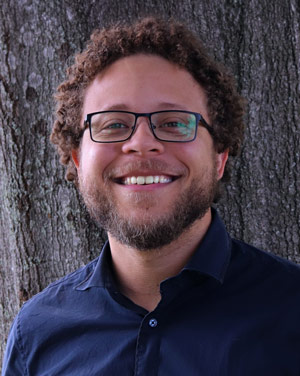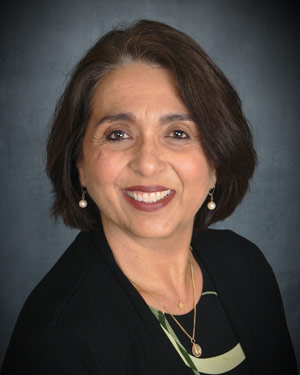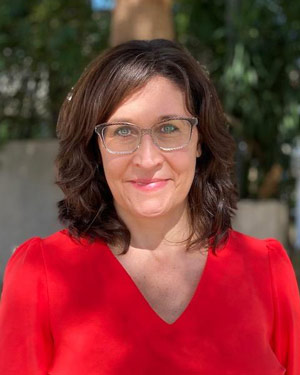Community Research Advisory Board (CRAB)
In pursuit of its mission to provide leadership in child health through treatment, education, advocacy and research, Johns Hopkins All Children’s is actively engaged in the design, implementation, and reporting of research focused on children’s health and diseases. While some of this research is based in the laboratory (e.g., investigating mechanisms of diseases affecting children), much of the research is “clinical” or “translational”, meaning that it involves people (in this case, children) rather than laboratory models.
While most prospective clinical/translational research studies focus on our patients and information derived from their visits to the Hospital and the network of Outpatient Care Centers, some of the research takes place in the community-settings of the Tampa Bay area. This may include studies of sports-related concussion in young student-athletes, or studies of the risk factors for the development of childhood obesity in healthy infants and children, including home-based surveys, as a few examples.
PURPOSE AND OBJECTIVES
While all clinical/translational research conducted is reviewed by an institutional research ethics committee (called an Institutional Review Board), research that takes place in community-settings or which might have a substantive impact upon the local/regional community would also benefit from input by community representatives. For this reason, we are establishing a Community Research Advisory Board, with the following goals:
- Help assure community-impact assessment and community input on the design and monitoring of our community-based research and/or research that potentially substantively impacts the local and regional community beyond the our campus.
- Monitor community impact of our research, via review of annual community impact reports provided by our researchers conducting studies that are either community-based or which have been assessed to have potential substantive impact on the local and regional community beyond our campus
- Inform the Research Council and the Advocacy Council of any concerns re: the manner in which researchers are addressing perceived or actual community impact, as well as any concerns re: community response to our research.
CRAB Organizations and Members
We are fortunate to have engagement in our CRAB from community organizations that strive to promote the health and wellness of children and families within our community:
Meet the CRAB Board
Sharlene Edwards
Sharlene E. Edwards, MPH, BSN, RN, CIC started her career in public health in 2002 as a Project Coordinator for the Rapid Assessment Response and Evaluation (R.A.R.E) Project in Manatee County to assess and describe the dynamics of local HIV/AIDS transmission in the community. It was from here that Sharlene developed a love for Communicable Diseases and Public Health. Sharlene spent 18 years working for the Florida Department of Health, gathering experience in the areas of: STIs, Epidemiology, Preparedness, TB Control, Immunization, and Management. Currently Sharlene serves as a Public Health Advisor for National STI programs, adjunct faculty at the University of South Florida College of Public Health, and lead public health consultant for My Better Living Health & Wellness Consulting, LLC. She has extensive experience in coordinating local strategic planning efforts to improve community health and bringing partners together from various sectors to collaborate towards better health outcomes. She has over two decades of experience in health education, strategic planning, public health evaluation, and community health improvement planning. Sharlene is passionate about health promotion and prevention for those who suffer from health disparities and health inequities. She is heavily involved with community grass roots organizations that work to promote and improve health outcomes within black and brown communities.

Luke Johnsen, DO
Luke Johnsen, DO, focuses on program design, implementation and data collection while still providing patient care in the areas of Public Health concerns, STDs and HIV. He currently assists with the design and implementation of less provider-focused and more technology-based methods of PrEP delivery, such as PrEP via Telemedicine and same day walk in PrEP, while shifting from a provider model to utilizing more peer navigation resources. He has provided STD clinical and epidemiological training for medical residents and fellows at Johns Hopkins University as well as given presentations to other medical professional and to members of the community. He has a strong interest in HIV prevention particularly in communities with limited resources or with historically poor uptake of preventive measures.

Julie Mastry
Julie Mastry, Ed. D., is a career educator, community leader, mentor, and active participant in supporting and organizing local philanthropic events. Currently she is serving as principal of Pinellas MYcroSchool Charter High School, a credit recovery school for students who are behind in credits, or have dropped out of school and still want to earn a high school diploma. For over 5 years, Julie has volunteered weekly at the Johns Hopkins All Children’s Hospital pediatric NICU. She serves on several Boards, including Chi Chi Rodriguez Youth Foundation, SAH Clinical Excellence Committee of the Board. Additionally, Julie is heavily involved in the charity bearing her mother’s name, The Celma Mastry Ovarian Cancer Foundation. Since 2003, CMOCF has provided financial support to women fighting ovarian cancer, as well as working locally, nationally and internationally to promote and advocate for ovarian cancer research.

Stephen Marlin
Stephen Marlin, MPH, CPH, is currently serving as the Research and Surveillance program manager for the Florida Department of Health in Pinellas County. With a background rooted in public health, Stephen has played a crucial role in shaping the local response to public health crises. During the COVID-19 pandemic, he worked with the ESF-8 coordinated outbreak response team while completing his master's degree curriculum at the University of South Florida. After accepting a position as a lead surveillance epidemiologist for DOH-Pinellas, Stephen applied his expertise to epidemiological reporting and analysis to address issues such as COVID-19, tuberculosis, HIV, STIs, and behavioral health. In 2022, he created a research project examining the role that social determinants might have played on COVID-19 case severity in Pinellas. Stephen is an active collaborator with the Community Research Advisory Board, emphasizing the importance of community involvement in research initiatives, and ensuring that public health efforts are inclusive and representative. Stephen is primarily interested in advancing public health research and improving epidemiological surveillance at both the county and regional levels.

Maria Pinzon
Maria Pinzon, MA, is the Executive Director of the Hispanic Services Council and has served in this position since 1996. Ms. Pinzon has extensive experience in community and public health and has a deep understanding and background beyond health care access issues to include health equity models. As Executive Director of Hispanic Services Council, Ms. Pinzon has actively pursued partnerships with the broader health system through outreach efforts and participation in various community advisory boards. Prior to coming to Hispanic Services Council, Ms. Pinzon served as Director of Programmatic Operations for the Congressional Hispanic Caucus Institute, and Outreach Coordinator for the National Association of Latino Elected Officials (NALEO). Ms. Pinzon has a Bachelor of Arts Degree in Political Science from Furman University and a Master of Arts Degree in International Affairs from The George Washington University.

Jennifer Yeagley
Jennifer Yeagley, MA, is the CEO for the St. Pete Free Clinic, having joined the organization in March 2020. In her time as CEO, the organization has more than tripled its number of individuals served and has expanded its reach to additional areas throughout Pinellas County. Prior to stepping into this role, she was Vice President for Administrative & Strategic Operations for Gulf Coast JFCS. Over her two decades in a range of executive, development and operational roles for human services organizations, Jenn has excelled in creating and implementing plans that advance goals, enhance community engagement and strengthen organizational impact. Jenn is on the Board of Directors for Bon Secours Mercy Health Foundation, a national organization that coordinates charitable giving for the Bon Secours Mercy Health hospital system. She is also a Board member for the Nonprofit Leadership Center Tampa Bay, serves on Johns Hopkins All Children’s Hospital’s Community Research Advisory Board, and is part of St. Petersburg’s Grow Together Leadership Alliance. Jenn was recognized with a 2016 Florida Diversity Council LGBT Ally Award, was a recipient of Community Tampa Bay’s 2020 Silver Medallion Award for her work in promoting inclusion and equity, and was profiled by the Tampa Bay Business Journal as one of "52 Tampa Bay executives who should be on your virtual meeting calendar." She has been published by and has presented in forums around the nation, including the National Association for African-American Studies, Mid-Atlantic Women’s Studies Association and Florida Philanthropic Network. Jenn has a Master’s degree in Literature from Texas State University.


